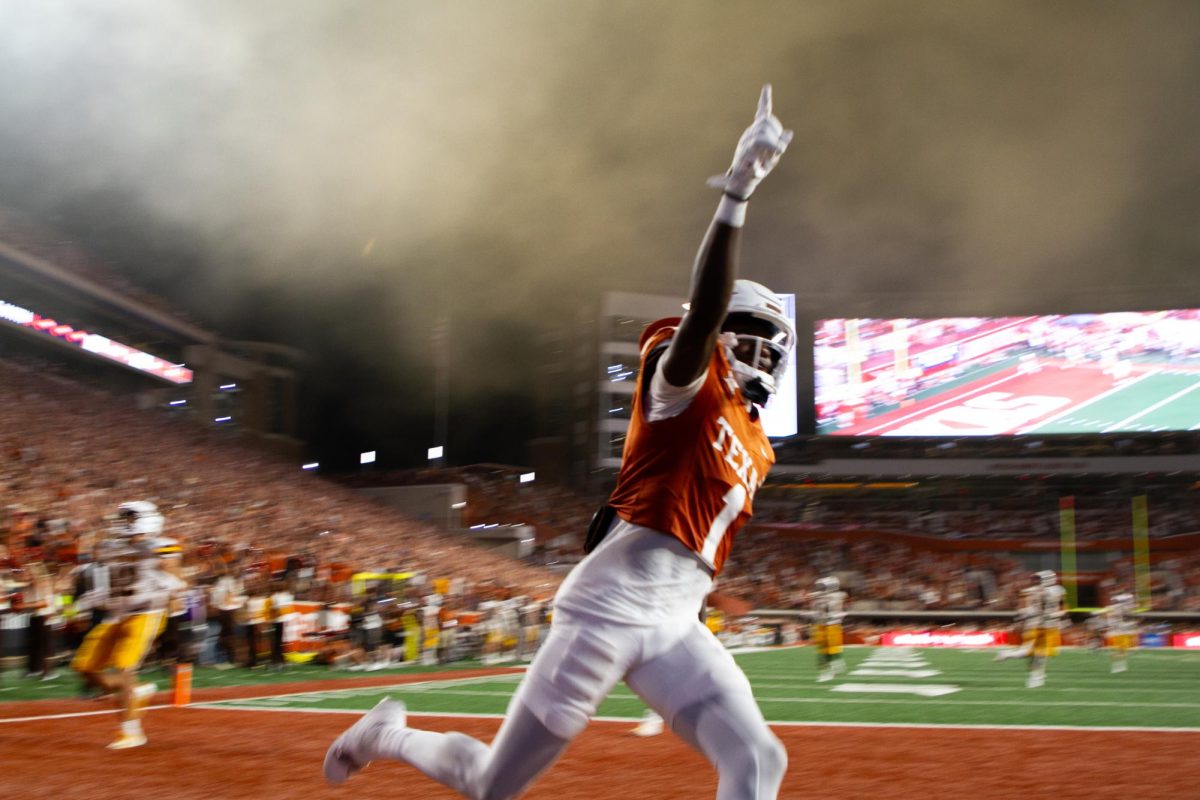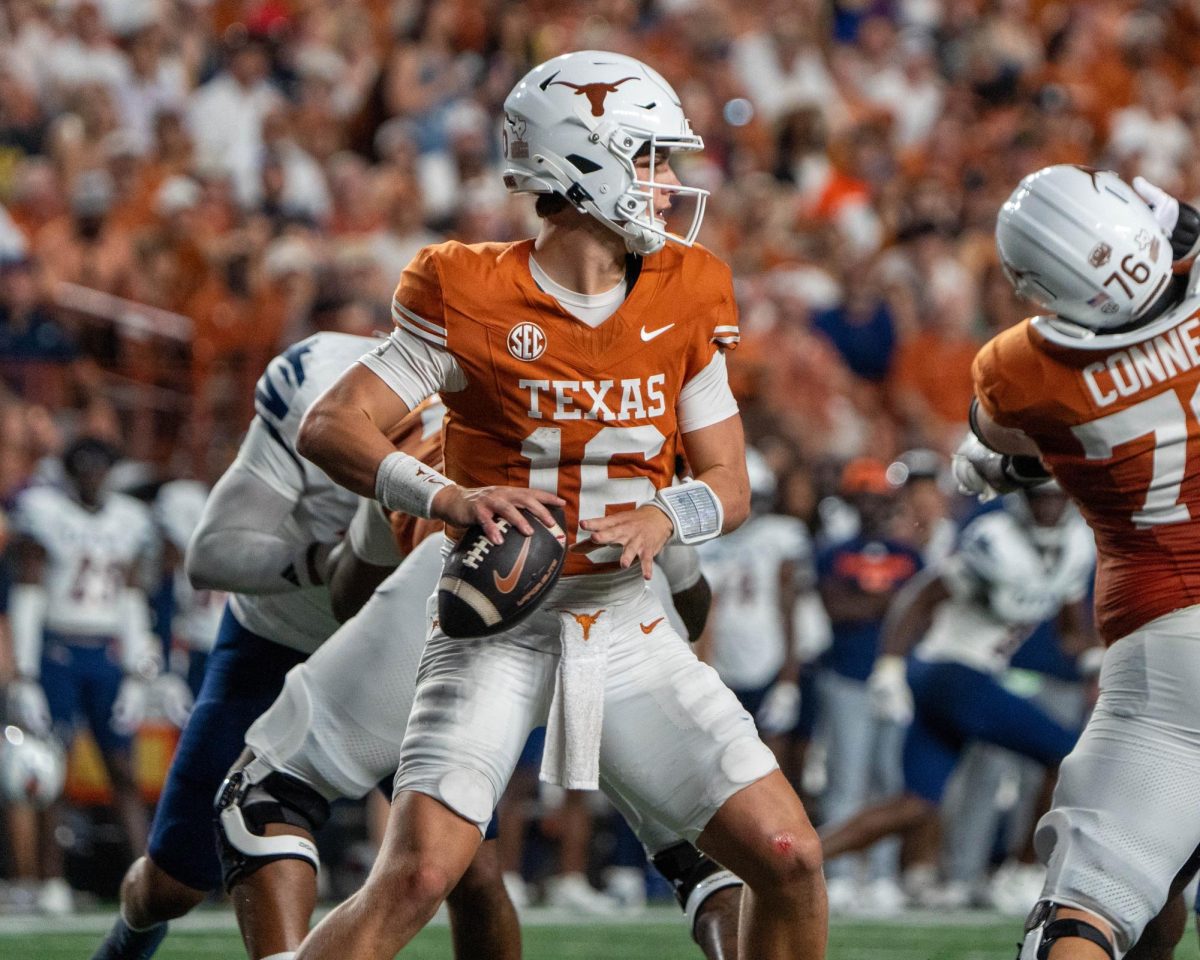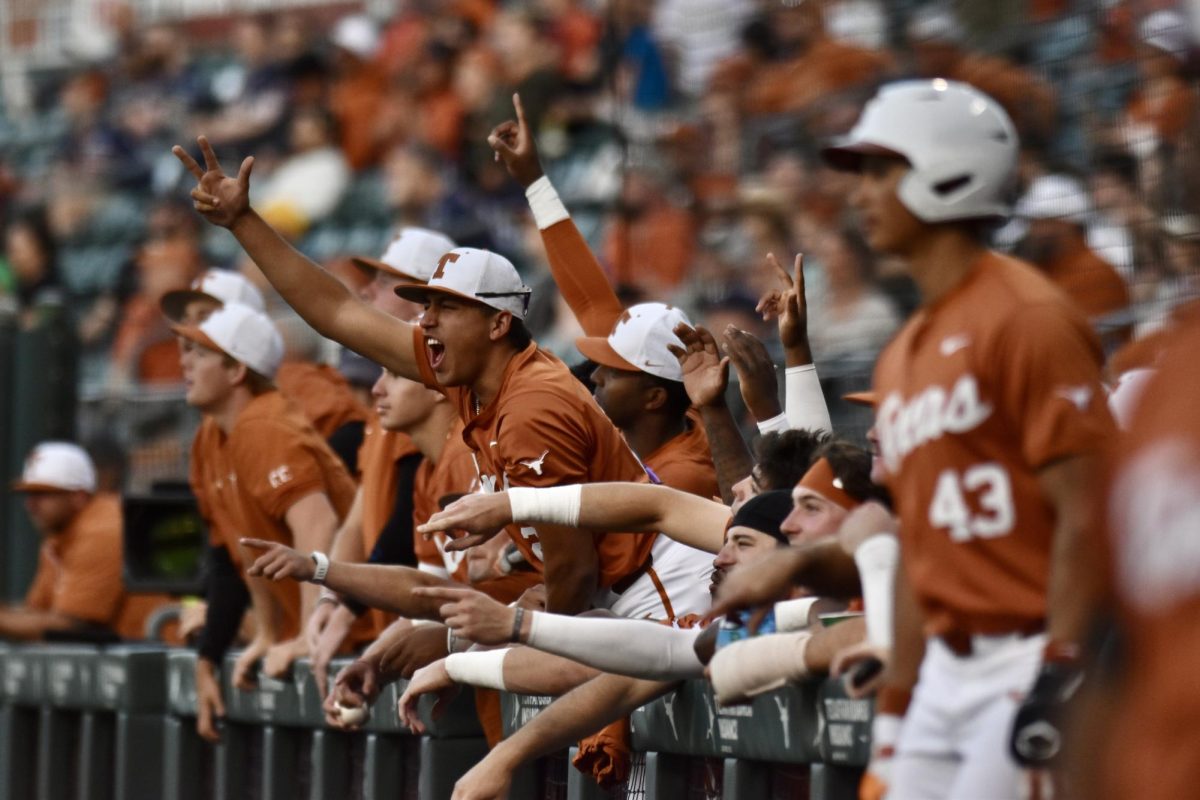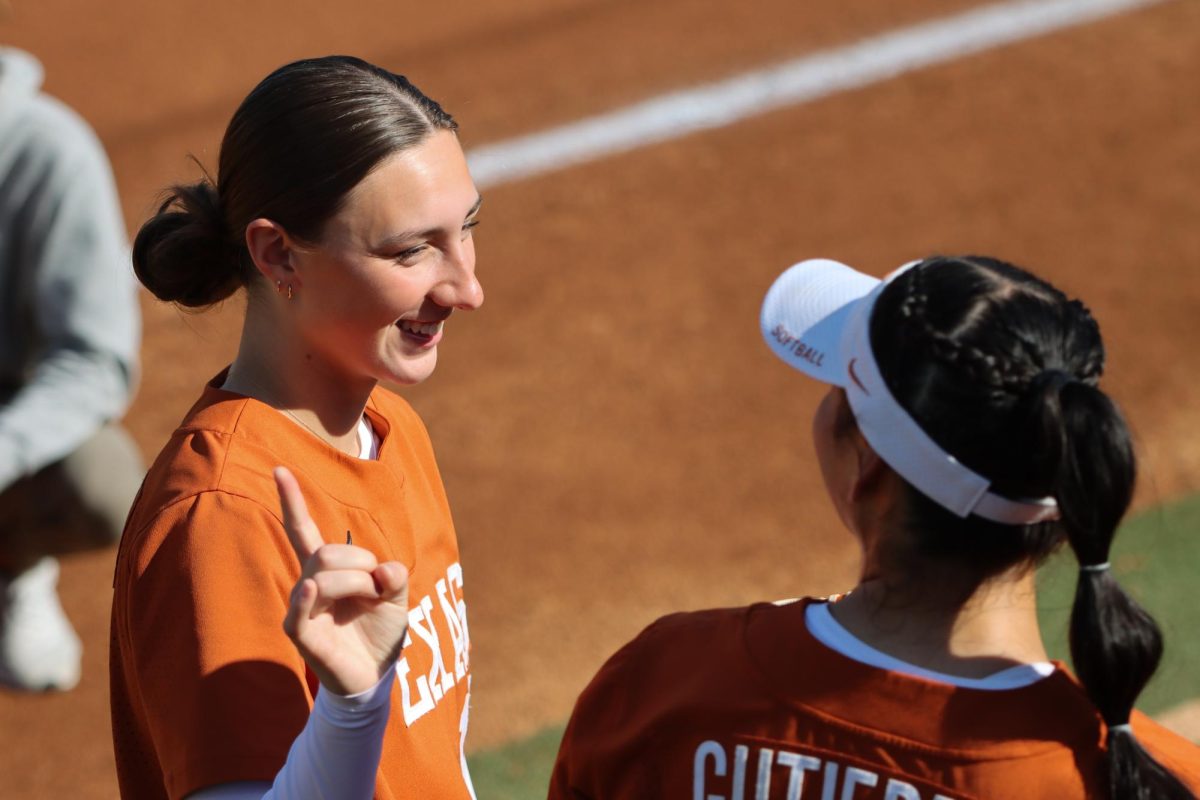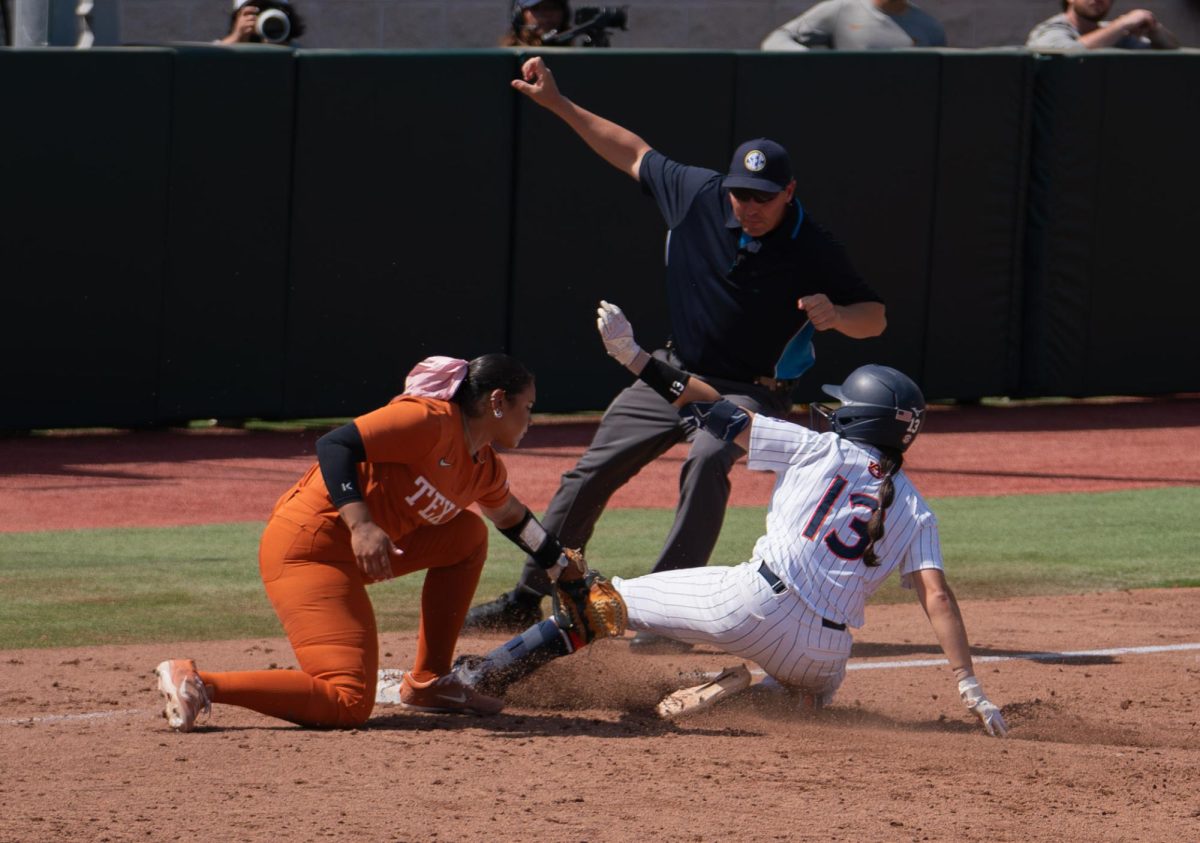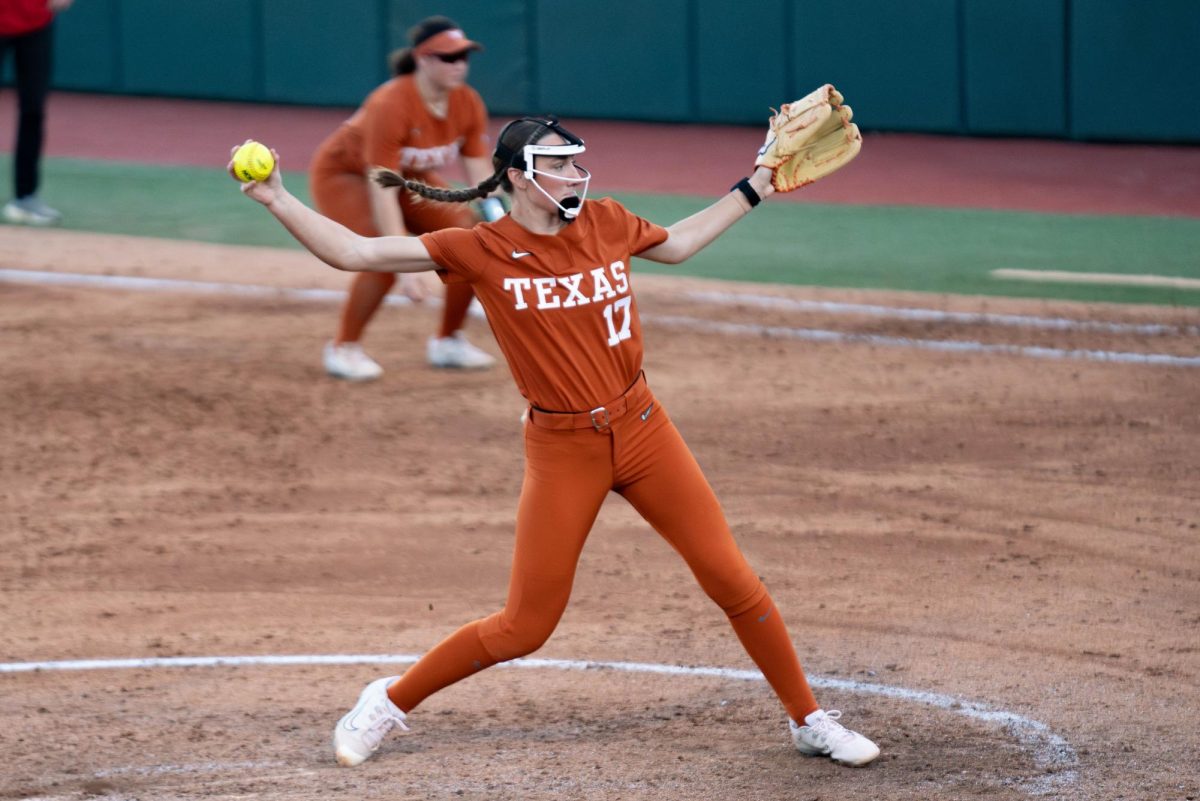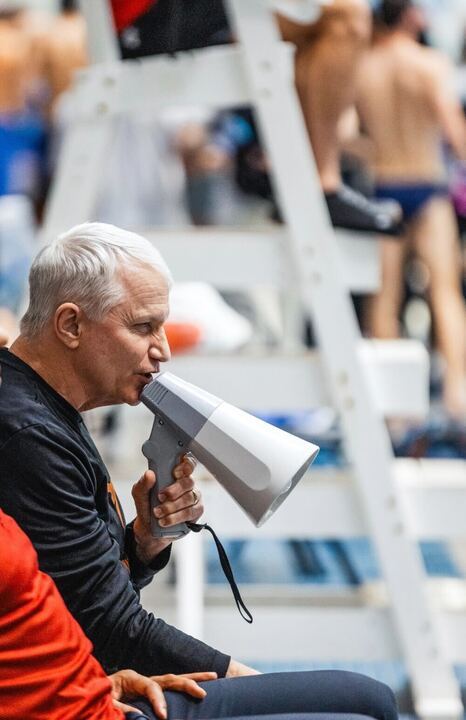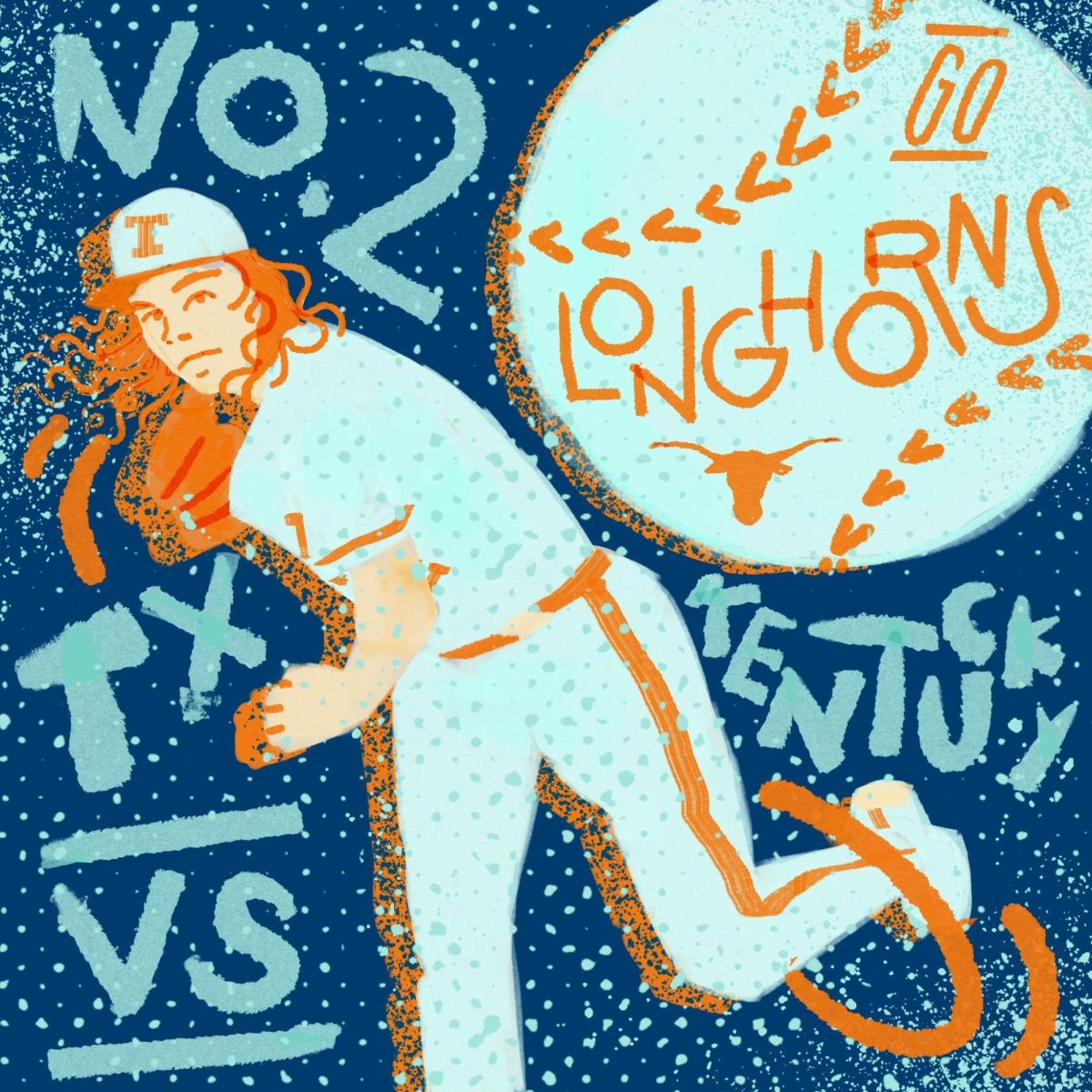Earlier this week the Big 12 Conference took a major step toward preserving conference stability with a new revenue-sharing plan that grants each member school equal rights to revenue generated in Tier I and II football and basketball games. While there are now only nine teams that compose the “Big 12,” the conference board of directors all voted in favor of equal sharing of Tier I and II television revenues. It’s a move that some schools within the conference have been waiting years for, and has other schools fleeing to conferences with plans like this in place.
For the second straight year, the conference has had at least one team decide to leave for another conference. Among a number of reasons for these team departures was the fact that the Big 12, until now, did not share revenue generated from televised games equally among all of its members. With the old system of revenue allocation, if Oklahoma or Texas played a game on ABC/ESPN that generated $3 million, that profit would belong to the school, or schools playing the game and would not be disseminated equally to all members. The new system allows for a more equal distribution of such profits, but does not affect the Longhorn Network — every bit of that $300 million will still find its way to Austin. It should also be noted that in order for this new revenue plan to take effect, each member of the conference must commit to a grant of rights for at least six years.
Many other conferences have adopted the idea of revenue-sharing for those Tier I and II games in order to appease the entire conference rather than their higher-profile teams. Within the Big 12, smaller schools such as Missouri and Iowa State don’t have nearly as many games televised as the Longhorns or Sooners, so their bottom line should see a boost once this new plan takes effect.
“In an objective view, this should be a positive sign for Missouri,” said new Big 12 commissioner Chuck Neinas.
As rumors have begun to circle about Missouri’s possible addition to the SEC, the plan should keep them around for at least another six years or so.
Neinas has only held the title of Big 12 commissioner for a couple of weeks, but he has wasted no time in trying to piece the conference back together after former commissioner Dan Beebe stepped down with the conference in flux. From the looks of it, he’s not quite done making changes to a conference that was in dire need of just that — change.
“We have some things in mind that I’m not prepared to reveal at this point, but we’re working in a very positive way toward improving what is already a good conference,” Neinas said.




